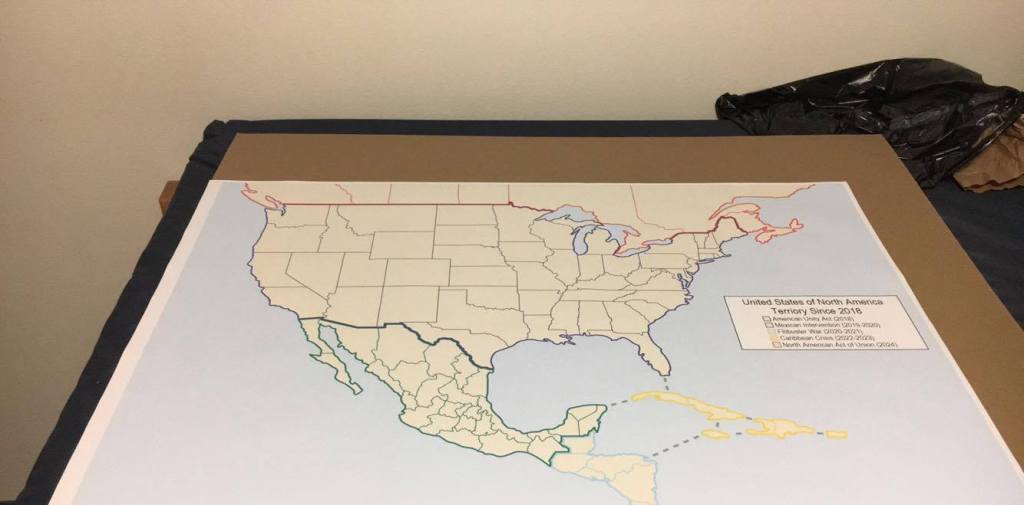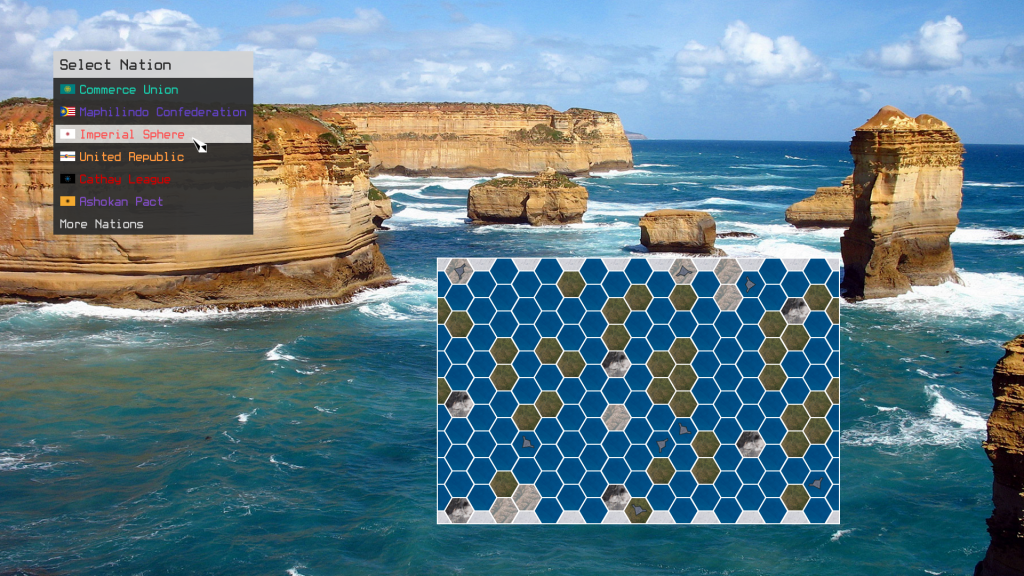DATA
Here at cGh ONE, we have a commitment to our users’ privacy, especially when it comes to their data. So we’re going to be up-front with you about how your data is collected.
In short, we (cGh ONE) do not collect or share your data. That said, the app version of Tyrannis utilizes the Google Mobile Ads SDK to generate revenue, and that does collect and transfer your data.
HOW YOUR DATA IS COLLECTED AND SHARED WITH GOOGLE MOBILE ADS SDK
Google Mobile Ads SDK collects and shares the following data to Google (and by extension, advertisers): IP Address (which can be used to estimate your device’s general location), User product interactions (including app launch, taps, and video views), Diagnostic information (including crash logs, app launch time, hang rate, and energy usage), and Device and Account identifiers (Android Advertising ID, App Set ID, and, if applicable, Other Identifiers related to signed-in accounts on the device).
All user data collected by Google Mobile Ads SDK is encrypted in transit using the Transport Layer Security (TLS) protocol.
The following data can be found on the User Privacy page for the Google Mobile Ads SDK here.
PROTECTING USER DATA
While cGh ONE does not formally endorse this, it is necessary that we point out that Android Ad ID collection is optional. In addition, the app version of Tyrannis is completely playable in Airline Mode, though players will be incapable of earning in-game currency (AI Cores) by viewing ads, downloading updates, and earning daily rewards.
COPYRIGHT
All assets in this game are the property/intellectual property of their creators. This includes (but is not limited to) YoYo Games who own the software that this game is written on, the various artists for the music and sound effects, and cGh ONE for all the art assets and code.
Anyways, by playing this game, you agree to not steal any of them. This is sort of basic decency, but the point still stands.
USAGE
You are able to record game play footage of, take screenshots of, write after-action reports, talk about, and produce media discussing the game itself.
By playing installing and playing this game, you also agree to not use it to promote concepts that include and are in the spirit of (but not limited to) racism, ethno-nationalism, religious discrimination, or genocide. cGh ONE reserves the right to decide what constitutes “in the spirit of” with regard to the aforementioned concepts.
Basically, don’t use the game to be racist or discriminate against people, alright? Basic decency.
LIABILITY
Also, cGh ONE and any people who work under that moniker are not responsible for any physical, psychological, financial, spiritual, or emotional damages that can be directly-attributed this game.
Truth be told, we’re not really sure how any of those could happen, but this needs to be said for legal purposes.
So don’t like, fling your phone in rage or something. We aren’t responsible for that, and it’s a bad idea to do, anyways.
ACCEPTING THESE TERMS
By playing installing and playing this game, you also agree to all of the above terms regarding Data Collection and Sharing, Protecting User Data, Copyright, Usage, and Liability.
CONTACT
Questions regarding the Privacy Policy can be sent to cghonegames@gmail.com.



